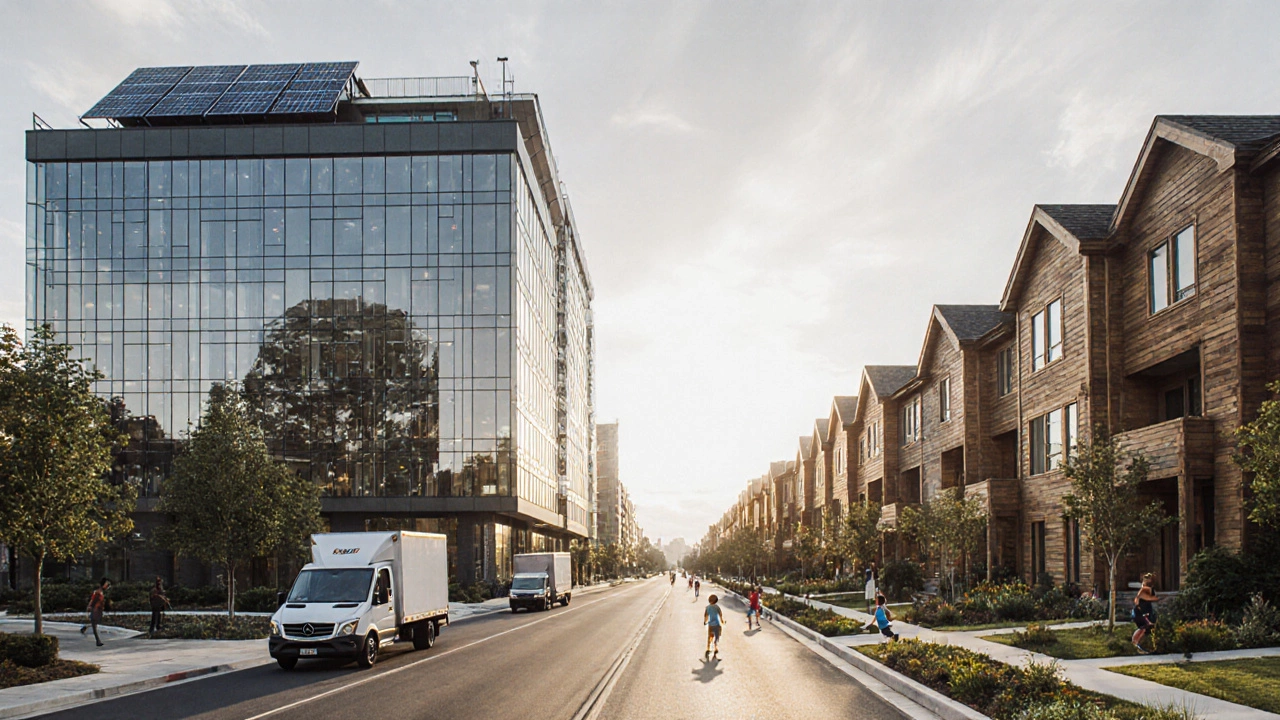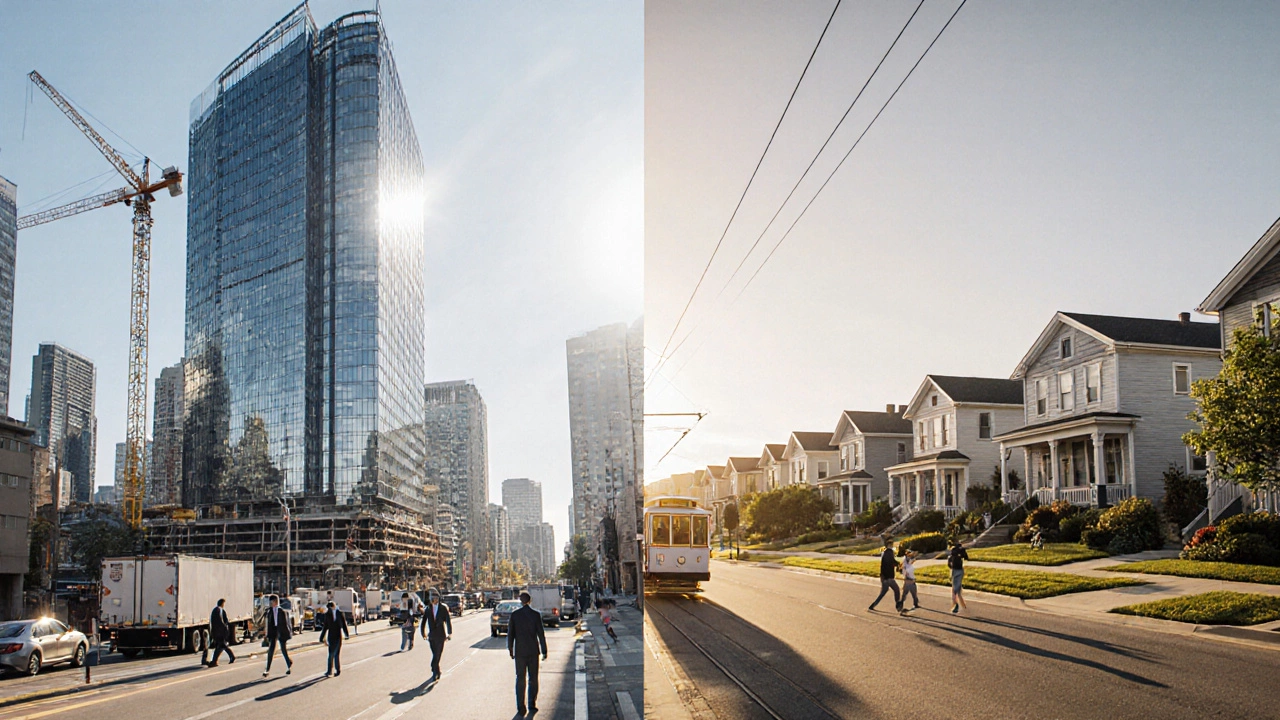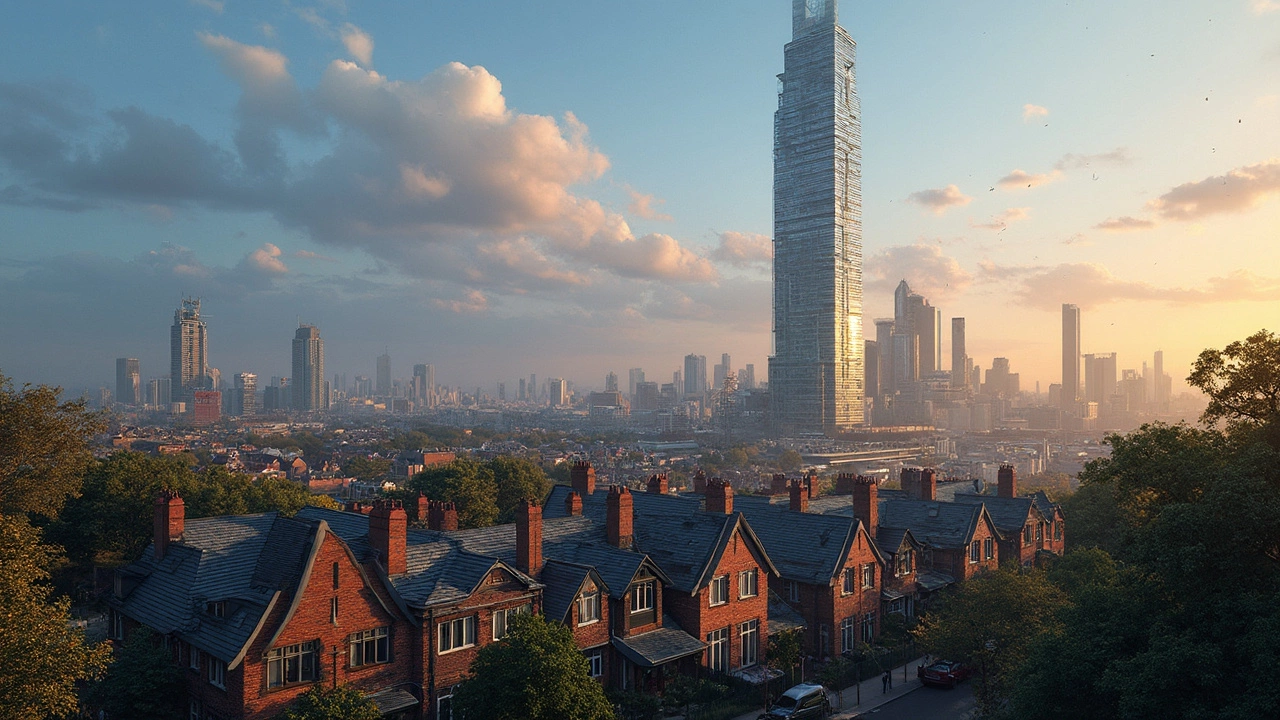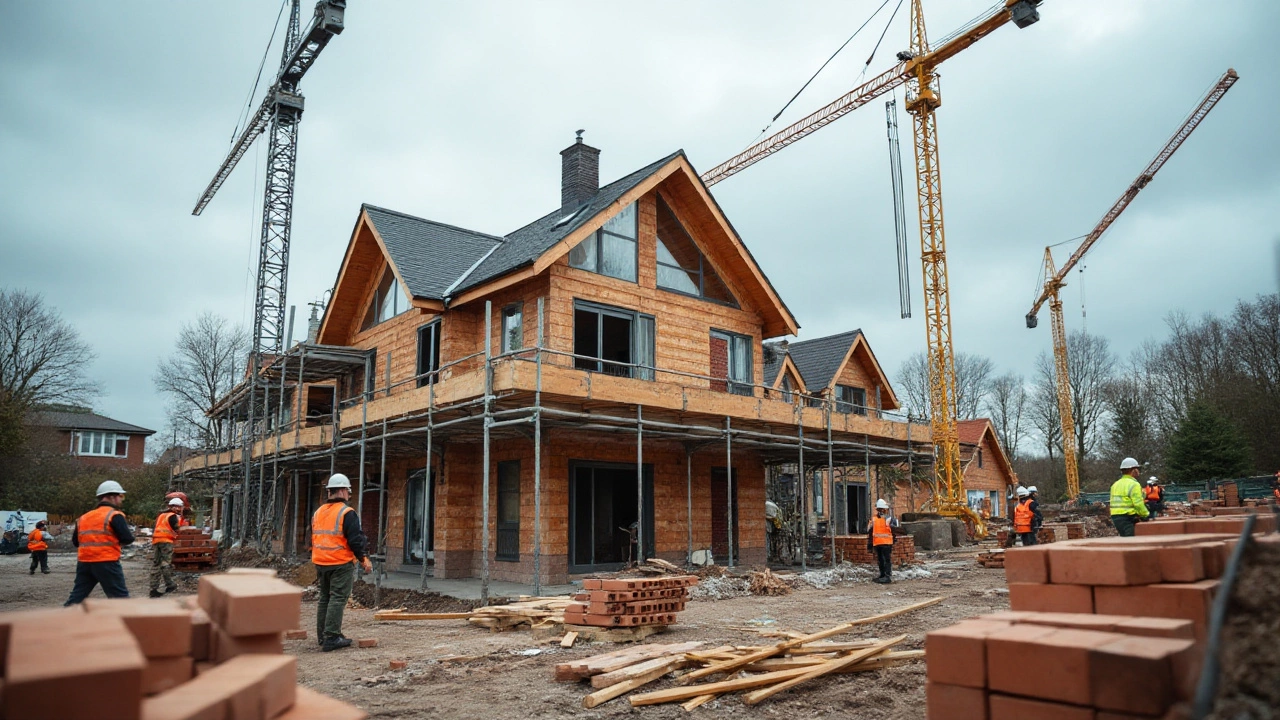Residential Construction: What You Need to Know Before Building
Thinking about building a new home? You’re not alone. Lots of people jump in without a clear plan and end up paying more or facing delays. This guide walks you through the key steps, from budgeting to picking the right contractor, so you can keep the project on track.
Plan Your Budget and Design Early
The first thing you should do is set a realistic budget. Look at land costs, design fees, permits, and the price of materials. A common mistake is only counting the construction price and forgetting site work, utility connections or landscaping. Write down a total figure and add a 10‑15 % cushion for unexpected items.
Next, decide on the house size and layout. Simple floor plans cost less because they use standard materials and need less labor. If you’re not sure, sketch a rough layout or use a free online tool. Once you have a design, get a professional architect or designer to create detailed drawings. These drawings are essential for getting accurate quotes from builders.
Choose the Right Builder and Materials
When it comes to residential construction, the builder you pick makes or breaks the project. Ask for at least three quotes, check each company's licence, insurance and past work. Talk to previous clients if you can – their feedback tells you if the builder sticks to schedule and budget.
Material choice also affects cost and quality. Brick, timber frame and steel are the most common options in the UK. Brick is durable but a bit pricey; timber is quick to build but may need more maintenance; steel is strong and can be cheaper in the long run. Match the material to your climate, style and budget.
Don’t forget energy efficiency. Double‑glazed windows, good insulation and efficient heating systems add to the upfront cost but save money on bills later. Many local councils offer grants for energy‑saving measures, so check what’s available in your area.
Finally, keep communication open. A weekly check‑in with the site manager helps catch issues early. Insist on a clear schedule and ask for written updates on progress, deliveries and any changes that affect price.
With these steps, residential construction becomes a manageable process rather than a gamble. Set a solid budget, pick a trustworthy builder, choose materials that fit your needs, and stay in the loop throughout the build. Follow this roadmap and you’ll be on your way to a home that meets your expectations without the usual headaches.

What Is the Difference Between a Builder and a Construction Company?
Jan 1, 2026, Posted by Damon Blackwood
Learn the real difference between a builder and a construction company in New Zealand - from licensing and project scope to cost and risk. Make the right choice for your next build.
MORE
Commercial vs Residential Construction: Which Is Better?
Oct 24, 2025, Posted by Damon Blackwood
Compare commercial and residential construction on cost, timeline, ROI and risk. Learn which sector fits your budget and goals with a clear checklist and FAQs.
MORE
Commercial vs Residential Construction: Which Is Better?
Oct 14, 2025, Posted by Damon Blackwood
Compare commercial and residential construction on cost, timeline, regulations, ROI and risk. Get a clear checklist, table and FAQ to decide which path fits your goals.
MORE
Type 5 Building Construction Explained: Materials, Safety, and Real-World Uses
Aug 8, 2025, Posted by Damon Blackwood
Type 5 building construction uses wood framing and is common in residential homes. Discover what makes it unique, how it compares to other types, fire safety tips, and practical facts for homeowners or builders.
MORE
What is the Opposite of Commercial Construction? Breaking Down the Basics
Apr 21, 2025, Posted by Damon Blackwood
If you’ve ever wondered what stands on the other side of commercial construction, this article breaks it all down in clear terms. We’ll look at what makes commercial projects different from their opposite—residential construction—and why that matters. Discover how the aims, requirements, and day-to-day challenges compare. You’ll walk away knowing when a job is considered commercial or residential, and why these lines matter for budgets and building codes. Useful facts and straightforward tips are packed in for anyone curious about the construction world.
MORE
Major Differences Between Residential and Commercial Construction
Mar 8, 2025, Posted by Damon Blackwood
This article explores the key differences between residential and commercial construction. It covers aspects like building design, materials used, and the scale of projects. It provides insights into the complexity of commercial buildings versus residential homes. Additionally, it offers practical tips for anyone considering a project in either category. Perfect for those new to construction or looking to expand their knowledge.
MORE
Understanding the Rising Costs of Building a Home
Dec 4, 2024, Posted by Damon Blackwood
Building a house has become increasingly expensive due to a combination of factors such as material costs, labor shortages, and regulatory requirements. Analyzing the intricate dynamics of the housing market provides insight into why these expenses continue to rise. This article seeks to demystify the complexities behind home construction costs while offering practical advice for those looking to build their dream homes. By understanding these challenges, prospective homeowners can better navigate the construction process. Delve into the reasons behind the financial burdens of building new homes.
MORESEARCH HERE
Categories
TAGS
- foundation repair
- commercial construction
- construction
- new builds
- home improvement
- home renovation
- bathroom renovation
- construction materials
- residential construction
- building codes
- home foundation
- building types
- renovation tips
- construction differences
- contractor
- building materials
- foundation cracks
- home construction
- architectural services
- building contractor